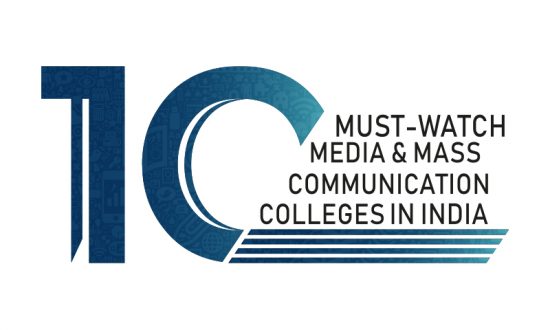The contribution of Journalism & Mass Communication towards nation-building and social transformation has been immense. Moreover, at a time when issues such as language, caste, community, etc. are being used by vested interests to disintegrate the society, Intercultural Communication, which is an integral part of Journalism & Mass Communication, can play a pivotal role in strengthening national unity and integrity. With over one hundred thousand publications, 900 plus television channels, close to seven hundred radio stations, a countless number of news sites, and over 900 colleges, university departments, and institutes offering mass-communication and journalism teaching programmes, India has one of the largest media ecospheres of the world. India is now experiencing a media boom, but the state of media education is not very promising.
The older day media educators are not able to comprehend the present-day media technologies. The developments in the media have gone beyond their grasp. As the digital era cascades forward, the world is witnessing changes on an unprecedented scale. Industrial Revolution 4.0 is the upcoming revolution that may change how people work, socialize, and educate. Media organizations and Media training institutions face the brunt of adopting the newest and the best strategies in managing all the stakeholders. Given the vibrancy of Indian media as a powerful voice in the democratic world, the Higher Education Digest has come up with “10 Must-Watch Media and Mass Communication Colleges in India” to showcase the efforts put be educational institutes that are giving attention to the fourth pillar of democracy and doing their bit to bring about a change in the country.




